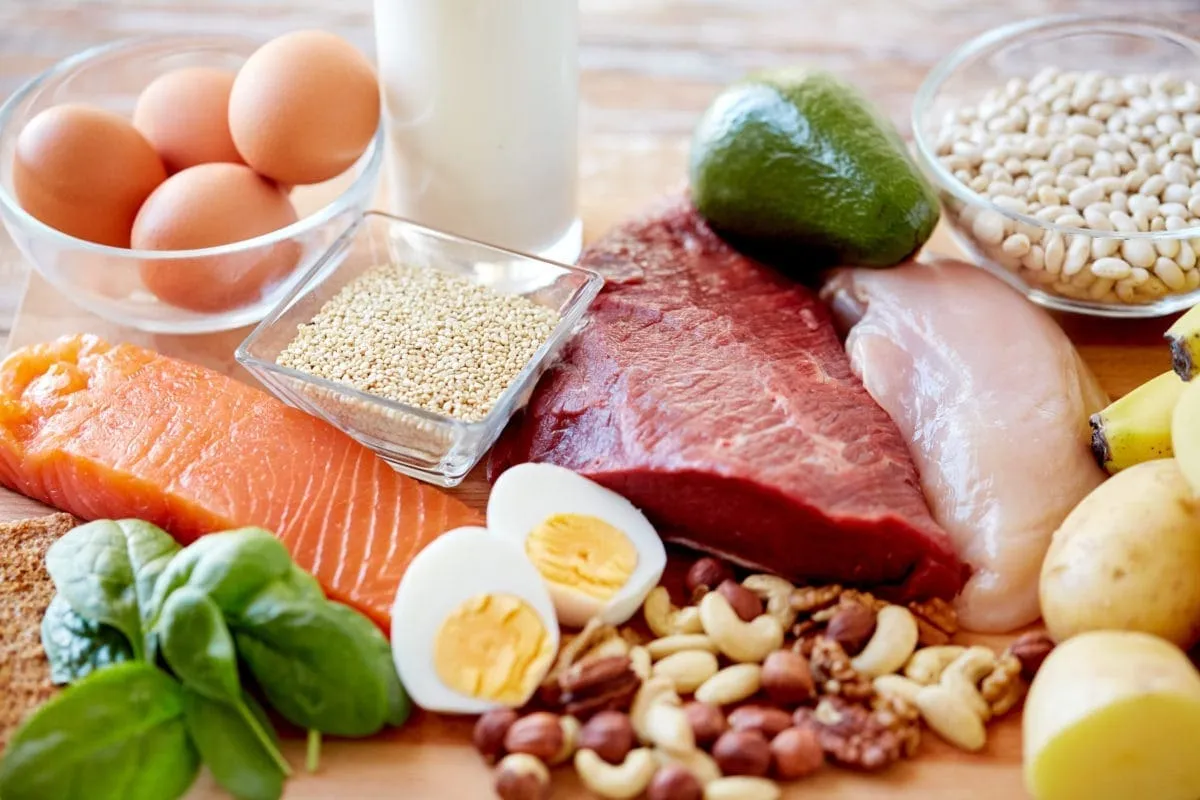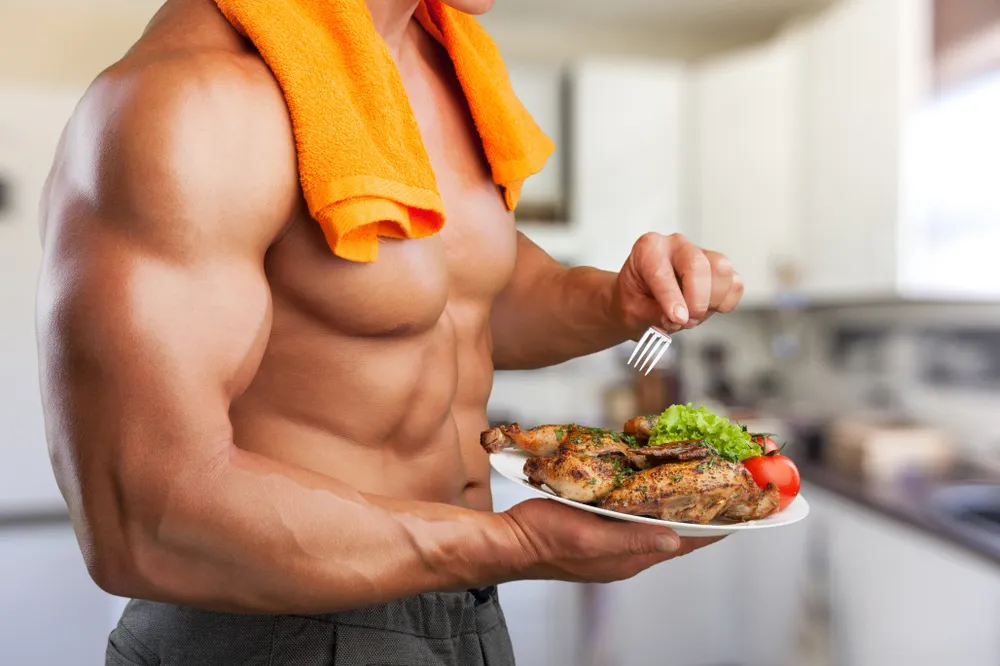Interested in learning how nutrition for fitness work? It’s like putting premium gasoline in a sports car—your body performs best when you fuel it optimally. This is the simple guide to eating for energy, strength, and results.

When it comes to nutrition for fitness, they are literally the same thing: peanut butter and jelly to sweat and gym gear. You are what you eat, or better said, how you perform, how you recover, and how you get results from your workout.
Whether you’re weightlifting, running long distances, or just keeping moving, understanding how nutrition works for fitness can take you to the next level. Here’s why, in a nutshell.
Why Nutrition Is Essential for Fitness
Your body is like a car, gas is the fuel that drives it. If you put terrible gasoline in it, your car may stall or break down.
But if you give it good gasoline, it runs well and efficiently. The same rule goes for your body. Nutrition:
- Gives energy to muscle through exercises.
- Constructs and heals muscles.
- Boosts recovery so you recover faster.
Lastly, it sustains overall health so you can keep on moving and feel great.
The Big Three: Carbs, Protein, and Fats

These are the three big nutrients your body needs for fitness. Each is critical in its own way:
1. Carbohydrates (Carbs)
Carbs are broken down into glucose, which fuels your muscles during exercise. They are whole grains (brown rice, oats), fruits, veggies, and beans. Also, they can be taken before workouts for energy and after to replenish glycogen stores.
2. Protein
These help repair and build muscle tissue following physical exercise and may be obtained from lean meats (turkey, chicken), fish, eggs, milk, tofu, and beans. They ought to be eaten after exercises in order to restore muscles.
3. Fats
They help provide energy for performing long, low-level exercises as well as overall health. Good examples include avocados, nuts, seeds, olive oil, and oily fish like salmon.
Snack during the day, but avoid heavy fats just before exercising—those will slow down digestion.
How Does Pre-Workout Nutrition Work?
Your pre-exercise meal or snack can be a make-or-break experience for your performance. Here’s how to do it right:
1. Timing
Eat a light meal or snack 1-2 hours before exercising.
2. What to Eat
Carb focus for immediate energy and a small amount of protein to avoid muscle degradation. Banana with peanut butter, oatmeal with berries, or a turkey sandwich on whole-grain bread are examples.
3. Hydration
Have water before exercise in order to stay hydrated. After exercise, your body needs to be replenished with nutrients to repair and rebuild; eat within 30-60 minutes after exercise.
So, mixing carbohydrates and protein to replace energy and repair muscle—the best example is a fruit with Greek yogurt, protein shake, or quinoa, grilled chicken, and vegetables. This will replace fluids lost in sweat by drinking water or an electrolyte drink.
Is Hydration Important?

Of course! Water is essential for fitness. It helps regulate body temperature, transport nutrients, and keep your joints lubricated. Here’s how to stay hydrated:
1. Before Exercise
Drink 16-20 ounces of water 2-3 hours before working out.
2. During Exercise
Sip water every 15-20 minutes, especially during intense or long workouts.
3. After Exercise
Rehydrate with water or an electrolyte drink if you’ve sweated a lot.
Are Supplements Necessary?
While whole foods should be your main source of nutrients, supplements can help fill in the gaps. Here are a few common ones:
1. Protein Powder
Convenient for post-workout recovery.
2. Creatine
Helps improve strength and power during high-intensity workouts.
3. Branched-Chain Amino Acids (BCAAs)
May reduce muscle soreness and support recovery.
4. Multivitamins
Ensure you’re getting all essential vitamins and minerals.
Always talk to a doctor or dietitian before starting supplements.
Common Nutrition Mistakes to Avoid

As much as eating healthy meals enriched to be fit always comes in handy, some practices can also be avoided to prevent some mistakes, which could be detrimental to one’s health. They are:
1. Skipping Meals
This can leave you exhausted and hurt performance.
2. Overeating Junk Food
Empty calories won’t fuel your exercise or recovery.
3. Forgetting to Hydrate
Dehydration will sap your energy and make you sluggish.
4. Cutting Carbs
Carbs are your body’s main energy source—don’t forget about them!
Wrapping Up
Nutrition is the foundation of fitness. By fueling your body with the right mix of carbs, protein, fats, and water, you’ll have the energy to crush your workouts, recover faster, and reach your goals.
Keep in mind, it’s not about being perfect; it’s about making intelligent decisions that work for your active lifestyle. So, eat well, be active often, and enjoy the payoff! Fitness isn’t merely what you do at the gym; it’s also what you eat on your plate.
By understanding how nutrition can aid fitness, you are able to maximize your performance, recovery, and overall health. So the next time you lace up your shoes, remember to fill up first. Your body will thank you!
